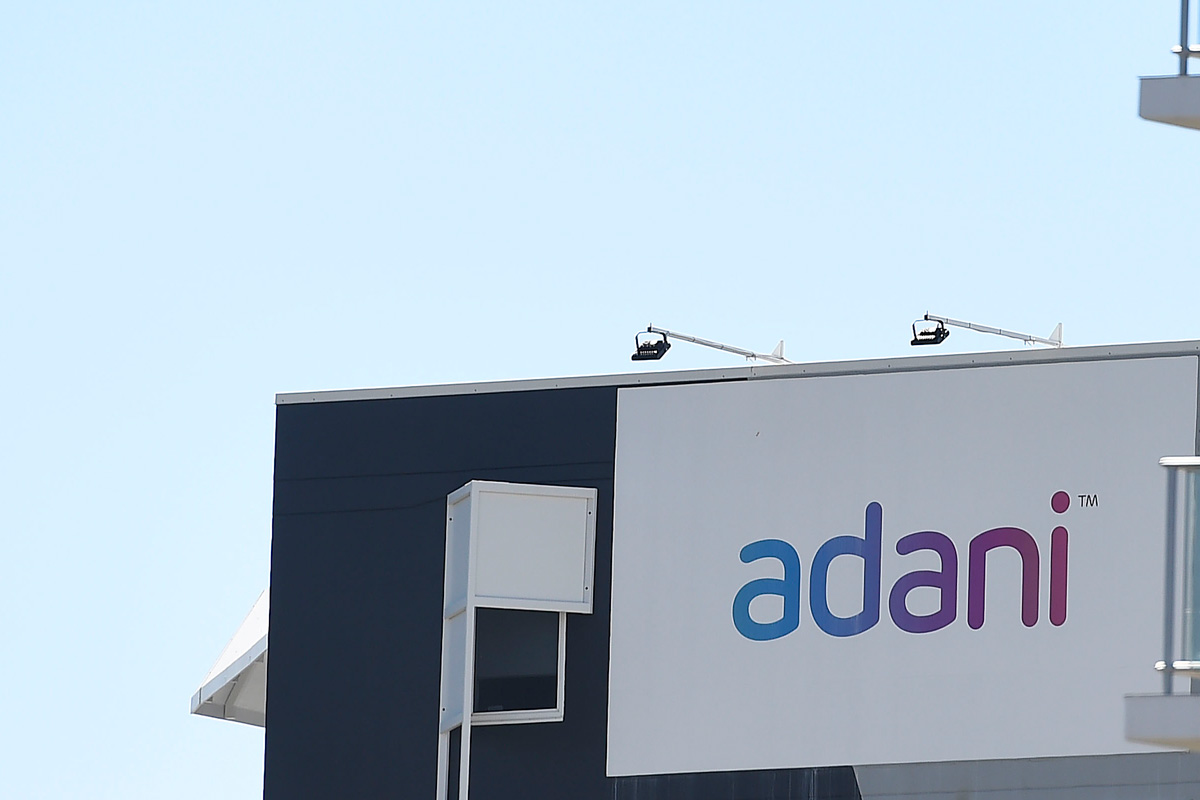Adani Group has shown its interest in getting distribution licence of power in Noida and Greater Noida region.
Sources said here on Tuesday that Adani Group has filed a petition in the UP Electricity Regulatory Commission for obtaining distribution license for the entire geographical area of Gautam Buddha Nagar district, which covers Noida and Greater Noida.
Two companies namely Adani Electrical Jewar Limited and Adani Transmission Limited have filed a petition in the Electricity Regulatory Commission in the last week of December to get the distribution license under Section 14 of the Electricity Act 2003 for the entire area of Gautam Buddha Nagar.
Adani Group is already present in UP in a big way in the power sector. They have invested in solar power projects in Bundelkhand and put in place over 800 kms long power transmission line in the state from Ghatampur in Kanpur Dehat district.
Meanwhile, Awadhesh Kumar Verma, President of Uttar Pradesh State Electricity Consumer Council and member of the State Advisory Committee, in a statement here on Tuesday opposed the move of the Adani Group in trying to get the distribution licence.
He also disclosed that when the hearing of electricity rate for the year 2022-23 was going on in the Electricity Regulatory Commission, a senior officer of Adani Group secretly participated through the video conferencing from Gujarat.
“We are opposed to the privatisation of the power sector and such a secret move by Adani Group. We have demanded a CBI probe into the entire deal,” he further said.
Yesterday, the power distribution companies of the state submitted a proposal to the state Electricity Regulatory Commission for a tariff hike of about 23 per cent for the domestic electricity consumers, 16 per cent for the industries, 10 to 12 per cent of the farmers and 12 per cent of the commercial electricity companies.
